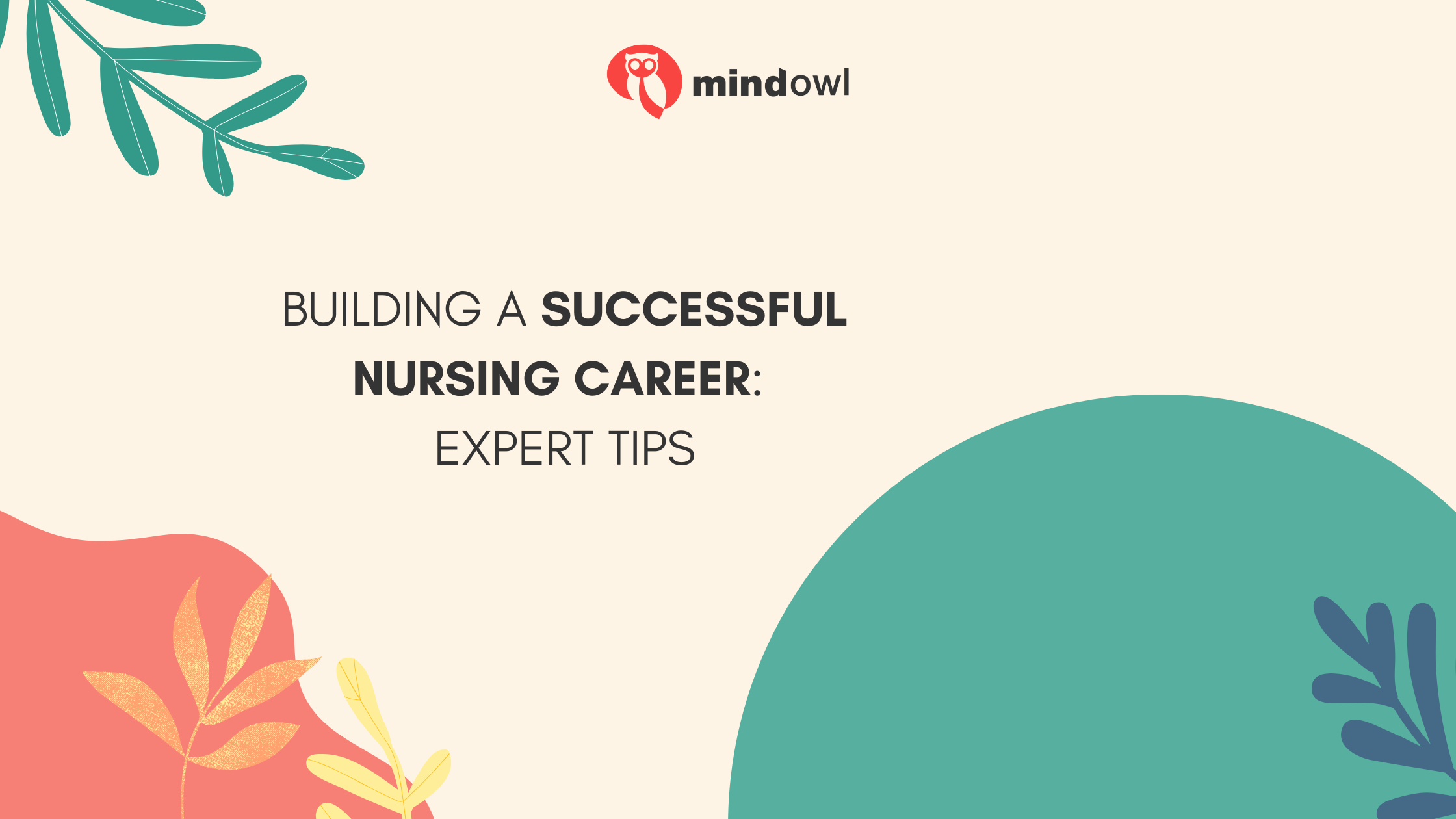Nursing is a rewarding and challenging field that offers numerous opportunities for growth and fulfillment. However, building a successful nursing career requires dedication, continuous learning, and a strategic approach to professional development. Here are expert tips to guide you in establishing a strong foundation for a long and successful nursing career.

https://pixabay.com/photos/nurse-newborn-baby-care-birth-748186/
1. Choose the Right Nursing Program
The first step toward a successful nursing career is choosing a nursing program that aligns with your goals, lifestyle, and career ambitions. With the growing availability of online nursing programs, aspiring nurses now have greater flexibility in completing their studies. Online programs allow you to balance education with work or family obligations, making it easier to pursue your degree. If you’re looking for the right nursing program, it’s essential to research accredited institutions that provide a comprehensive curriculum, practical training, and support services to set you up for success. Selecting a program that meets your needs can make a significant difference in your educational experience and prepare you for the demands of the nursing profession.
2. Develop Strong Communication Skills
Communication is a vital skill in nursing, as it affects nearly every aspect of patient care and professional interactions. Nurses communicate with patients, families, doctors, and colleagues, so it’s essential to develop clear, empathetic communication skills. Strong communication helps you build trust with patients, ensuring they feel understood and comfortable during their care. Effective communication also minimizes misunderstandings in high-stakes situations, leading to better patient outcomes. Consider taking workshops or courses in interpersonal communication or active listening to strengthen this skill and enhance your performance in the field.
3. Seek Mentorship and Networking Opportunities
Mentorship can be a valuable asset in any nursing career, providing guidance, support, and insights from experienced professionals. Seek out mentors within your program or workplace who can offer advice on career development, navigating challenges, and skill-building. Networking with peers and senior nurses through professional organizations, conferences, or online communities can also provide valuable opportunities to learn from others’ experiences and stay updated on industry trends. A strong network and solid mentorship can open doors to advancement and help you navigate your nursing career with confidence.
4. Focus on Continuing Education
Nursing is a dynamic field that constantly evolves with advancements in medical technology, procedures, and healthcare regulations. To remain competitive and capable in your role, it’s important to focus on continuing education. Many hospitals and healthcare organizations offer courses or certifications that help nurses stay current with new developments. Consider pursuing certifications in specialized areas of nursing, such as pediatrics, oncology, or critical care, which can enhance your expertise and make you more marketable. Continuing education allows you to stay informed about best practices, improve patient care, and potentially advance into higher-level roles. You might also need to pass certain tests like the NCLEX or other nursing certification exams, so it’s essential to stay updated on study strategies and resources to succeed. If you need to prepare for your TEAS 7 exam, dedicating time to review key subjects like science, math, and reading comprehension can significantly improve your chances of passing. Investing in ongoing education not only boosts your confidence but also ensures you provide the highest quality care to your patients.
5. Build Resilience and Self-Care Practices
Nursing can be physically and emotionally demanding, with long hours, high-stress situations, and the need for constant compassion. Building resilience and practicing self-care are essential to maintaining your well-being and avoiding burnout. Practicing mindfulness, regular exercise, and setting healthy boundaries between work and personal life can help you stay balanced. Many hospitals also offer support programs to help nurses cope with stress. Building resilience will allow you to handle the challenges of nursing more effectively and ensure that you can continue providing quality care to your patients.
6. Set Clear Career Goals

https://pixabay.com/photos/business-concepts-hand-write-3660230/
Setting clear, achievable career goals is essential for long-term success in nursing, helping you stay focused, motivated, and aligned with your professional aspirations. Start by identifying your interests within the nursing field. For example, consider whether you enjoy hands-on patient care, are passionate about a specific medical specialty, or are drawn to leadership and administrative roles. Once you have a general sense of your preferred direction, break down your goals into short-term and long-term objectives. Short-term goals might include gaining experience in different departments, obtaining certifications, or building specific skills, while long-term goals could involve specializing in areas like pediatrics, critical care, or moving into advanced practice roles. Researching various career paths can also provide valuable insights into how to reach your goals. Many nursing careers require specific qualifications beyond a bachelor’s degree, such as becoming a nurse practitioner, clinical nurse specialist, or nurse educator. Understanding the certifications, additional degrees, or practical experience necessary for these roles allows you to map out your career trajectory more effectively.
Building a successful nursing career involves making strategic choices, from selecting the right program to continuously developing your skills. By investing in strong communication skills, seeking mentorship, focusing on self-care, and setting clear goals, you can create a fulfilling career path in nursing. The healthcare field offers endless possibilities for those dedicated to learning and growth, making it an exciting and rewarding profession for years to come.
MindOwl Founder – My own struggles in life have led me to this path of understanding the human condition. I graduated with a bachelor’s degree in philosophy before completing a master’s degree in psychology at Regent’s University London. I then completed a postgraduate diploma in philosophical counselling before being trained in ACT (Acceptance and commitment therapy).
I’ve spent the last eight years studying the encounter of meditative practices with modern psychology.

